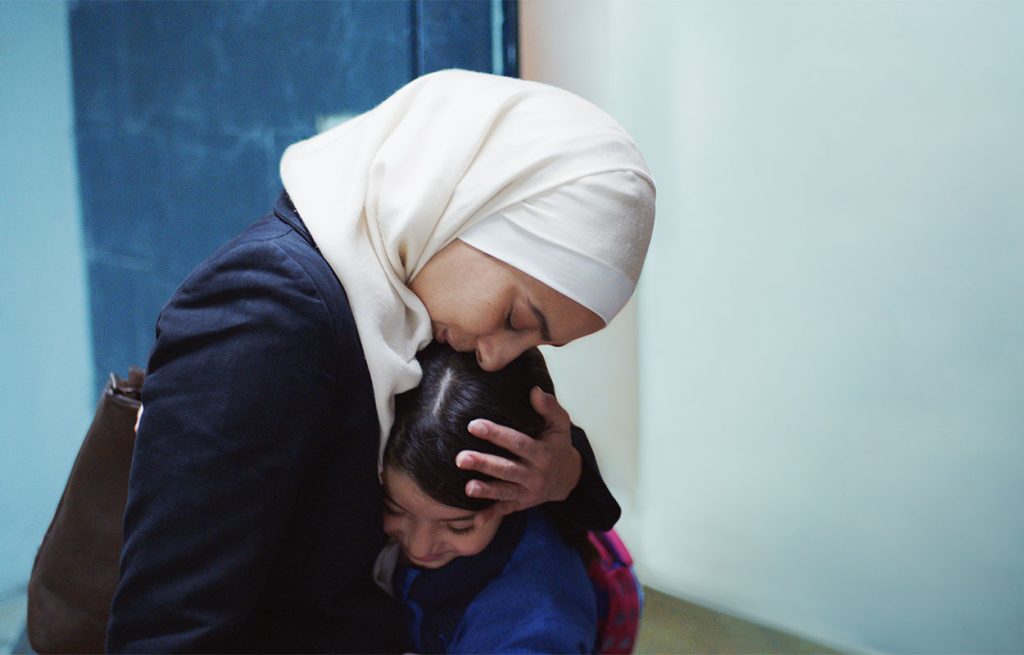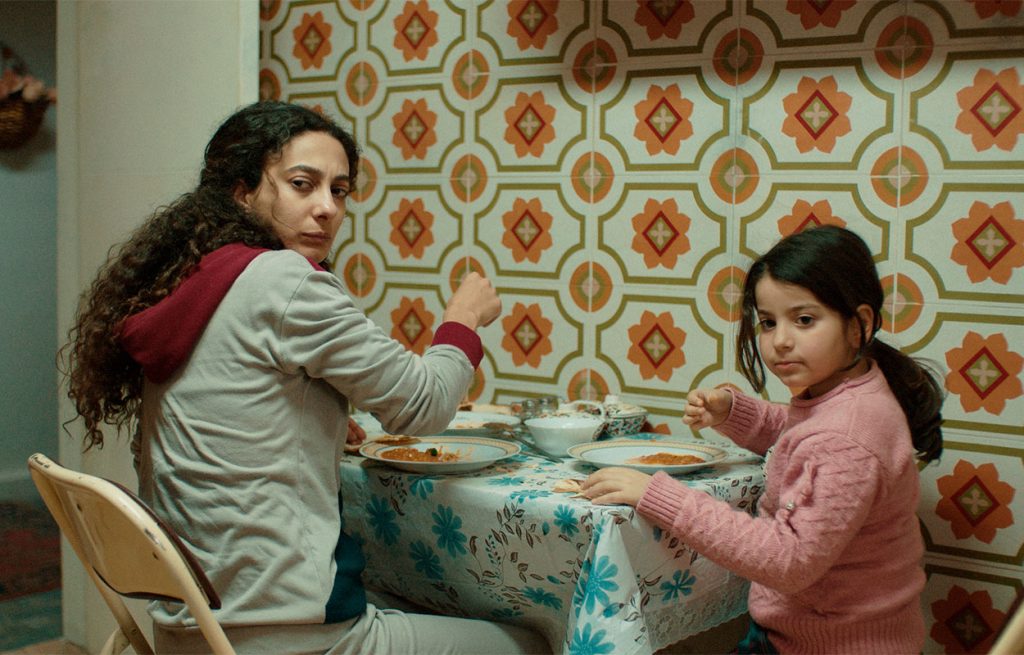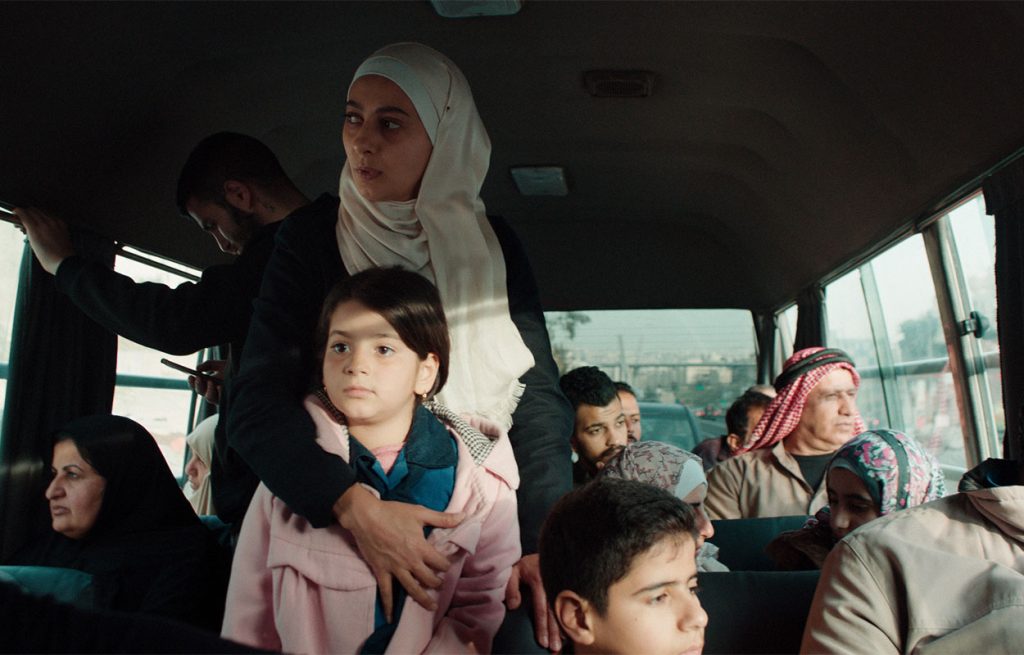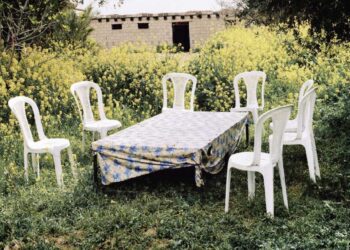The opening scene of Inshallah a Boy immediately projects the viewer into the core theme underlying the film: an ordinary, middle-class Jordanian mother of a young girl wakes up to find her husband Adnan having died abruptly in his sleep. In the first days following the tragic event, shows of support and affection flow relentlessly from relatives, neighbours, and acquaintances. However, widow Nawal (superbly played by Palestinian actress Mouna Hawa) quickly comes to the realisation that she is now the single mother of a girl, with diminished rights and little legal recourse over her fate and that of her daughter. In particular, her brother-in-law Rifqi (Haitham Alomari) suddenly claims that his late brother owes him several belated instalments for the payment of a pick-up truck- a situation previously unbeknown to Nawal. He suggests that Nawal concede him the pick-up since she cannot afford to repay him in the following days. Nawal wants to find a way to keep the pick-up and to continue to make ends meet through her work as the caretaker of an elderly disabled wealthy Christian woman.

What ensues is a series of bitter failures to do so within the imposed timeline. Rifqi’s growing impatience leads him to summon Nawal to hand him the apartment not only in order to repay for the debt but also because, as he claims, he is the sole legal inheritor to Adnan, since the latter did not beget any male offspring. Nawal objects that she is the one who provided the money for the downpayment and that she can supply the legal document proving her absolute right to the property. However, she soon discovers that her late husband has neglected to add his signature to the contract, thereby rendering the document completely obsolete.
Rifqi understands that the patriarchal laws are to his advantage: he begins exerting different forms of pressure over Nawal, from keeping her daughter at his house without informing her, to trying to convince a judge that she is an unfit mother, or yet again, to use Nawal’s brother as an assertive and compliant intermediary- all this, in the hope that his newly-assigned authority will eventually break her. Nawal has no other choice than to pretend she is pregnant and to speculate she might soon be able to know the sex of the ingrowing foetus, inshallah a boy. She is thus able to buy time and halt the inheritance procedure in favour of her brother-in-law. The final scene operates a zoom in on Nawal’s radiating face, echoing a scene at the beginning of the film, only now with a renewed sense of assertiveness and empowerment.

Very much intertwined with Nawal’s own unfolding whirlpool of battles, the shorter, parallel story involving Lauren (Yumna Marwan), the granddaughter of the wealthy elderly Christian woman Nawal looks after, tells of a similar struggle: with the help of Nawal, Lauren resorts to an illegal abortion since she refuses to be tied to her unfaithful husband. However, later, a scene shows her disfigured by what seems to have been an acid attack probably carried out by her vengeful husband.
Nawal and Lauren stem from different economic, social, and religious backgrounds and yet, their respective fights against an unjust system which oppresses them suggests that no woman is safe in a patriarchal and misogynist society. Amjad Al Rasheed’s film depicts a gripping and suspenseful portrait of the resilience and resourcefulness of Jordanian women and was the first-ever Jordanian feature to premiere in the Critics’ Week at Cannes 2023, winning the Gan Foundation Award and the Rail d’Or Award for Best Feature Film.

Inshallah a Boy (dir. Amjad Al Rasheed, Jordan/France/Saudi Arabia/Qatar, 2023, 113 min.)








